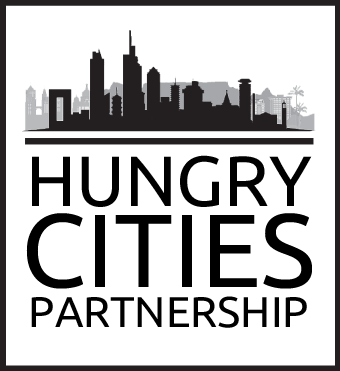Document Type
Hungry Cities Paper
Publication Date
12-2016
Department
Balsillie School of International Affairs
Abstract
The informal food retail sector is an important component of urban food systems and plays a vital role in ensuring access to food by the urban poor. Yet, policy frameworks both to address food security and to govern the informal sector neglect informal retail in the food system and, as a result, the sector is poorly understood. This discussion paper argues that it is essential to understand the dynamics of the informal food retail sector, which is diverse in terms of products traded as well as the business models utilized. The paper attempts to identify the characteristics of the sector that impact on its ability to address the food needs of the neighbourhoods in which the businesses are located. It illustrates that far from existing independently of each other, the informal and the formal food retail sectors intersect at various points upstream as well as through customer practices. The paper argues that it is essential to view the formal and informal sectors as part of the same food system and to generate policy and planning responses that acknowledge the role of both in meeting local food security needs. Although the paper is focused on Cape Town, South Africa, the findings are of broader relevance.
Recommended Citation
Battersby, J., Marshak, M. & Mngqibisa, N. (2016). Mapping the Informal Food Economy in Cape Town, South Africa (rep., pp. 1-22). Waterloo, ON: Hungry Cities Partnership. Hungry Cities Partnership Discussion Paper No. 5.
Included in
Food Studies Commons, Human Geography Commons, Politics and Social Change Commons, Urban Studies and Planning Commons


